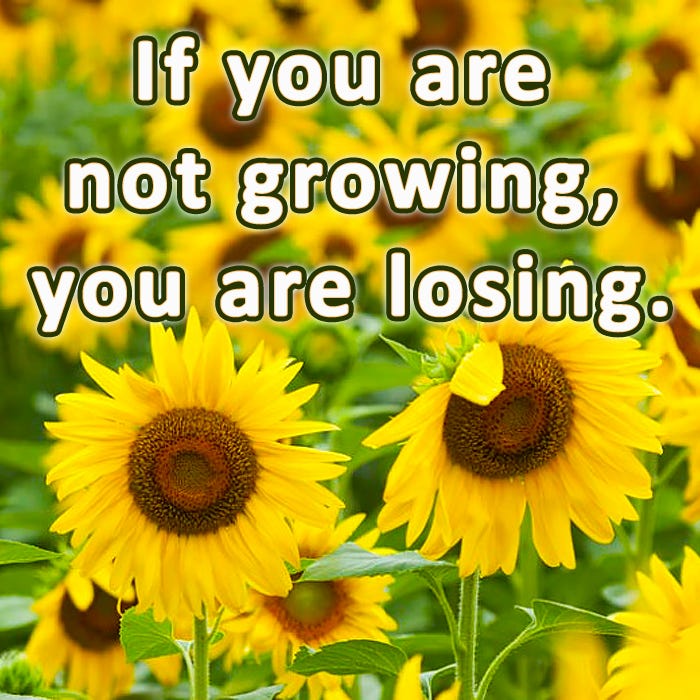Are you ready for some football? I certainly am. As a lifelong New York Giants fan, I’ve had plenty of reason to tune out my team’s travails over the last decade or so. This year–as every true believer imagines–will be different.
As an educator, though, I’ve learned to tell the difference between productive effort and unproductive posturing. We all know students who put in the work, whether cheerfully or grimly, but don’t get anywhere. In these instances as surely as in sports, we can recognize the signs of wasted energy:
Focusing on demonstrations of work rather than real effort
Pursuing easy tasks over challenging ones
Changing strategies prematurely
Abandoning a plan because persistence is too difficult
Blaming external factors rather than owning failure
Which is not to say, of course, that success doesn’t depend on plenty of luck, but we can’t control what we cannot control. Great coaches preach personal accountability and deliberate practice, neither of which come easy. Then again, no great accomplishment does, right?
The reason I bring up my football team–one that appears to be making all the right moves for sustained future success–is because of a comment made last week by a player carrying some very heavy expectations this year. Kayvon Thibodeaux, a second-year star, shared his philosophy on success succinctly: “If you are not growing, you are losing.”
I appreciate his quote as a less morbid take on that old chestnut from William S. Burroughs, “When you stop growing you start dying.” Lou Holtz, whose immense quotability you may remember from a previous newsletter, shared a similar sentiment: “In this world you're either growing or you're dying, so get in motion and grow.”
But failure to grow does not carry an immediate death sentence. Moribund teams may lose games, but very rarely does anyone lose their lives. By the same token, our students can wallow in the same bad habits and become mired in lethargy, distraction, and doubt yet still survive and possibly even thrive. But they won’t win. They won’t land the best grades, the highest scores, or the prestigious awards. They won’t outcompete others who want the same prizes but are willing to work harder, smarter, and longer for them.
Neither, for that matter, will you. Neither will I. You won’t win better outcomes, more students, or increased revenues by looking for easy points and eschewing the tough ones. You’ve got to learn more, try more, and sometimes even risk more to move forward to a better you.
If you are not growing, you are losing.
Tips, Tools, And Thoughts
What's the best way to teach? It depends on the subject
Is there a difference in the best use of time in class between language and math?
Ever Failed, Try Again, Succeed Better: Results from a Randomized Educational Intervention on Grit
Yes, you can–and should–teach grit.
Prequestioning and Pretesting Effects: A Review of Empirical Research, Theoretical Perspectives, and Applications
Is there a benefit to testing students on information you haven’t taught yet?
Mathematics teachers who don't like mathematics
Why can’t math be taught as math?
SAT Score Calculator
Why did it take me this long to discover a site with the scales to all the released SATs??
…And what amazing product sponsored this week's newsletter?
Do you already have a curriculum system to drive your SAT & ACT prep business? Are you looking for curriculum for the upcoming digital SAT and PSAT? TestBright’s proven, research-supported SAT & ACT curriculum has everything you need to either launch or expand your test prep practice in terms of both results and revenue. Don’t you want an SAT/ACT curriculum that will take your practice to the next level for paper and digital testing? Find out more!




